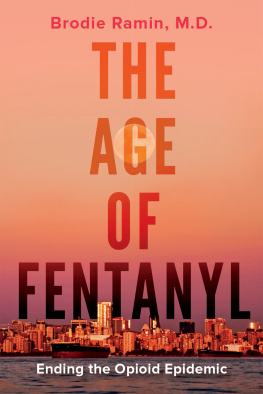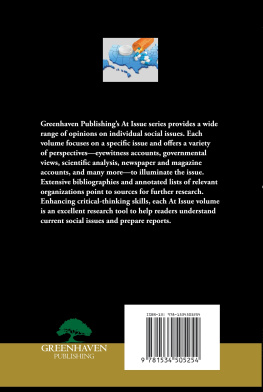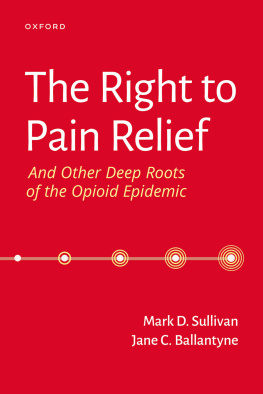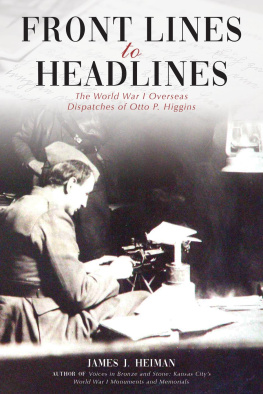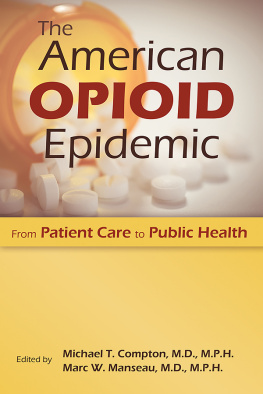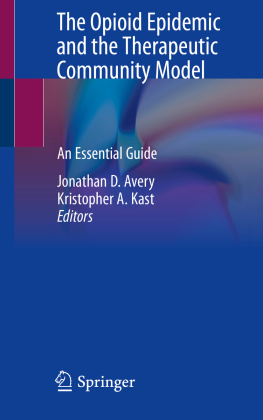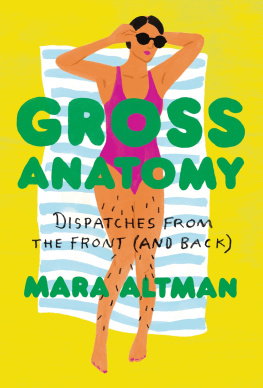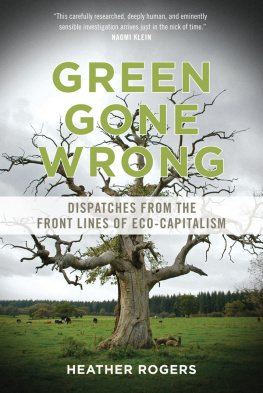Contents
Guide
Pagebreaks of the print version
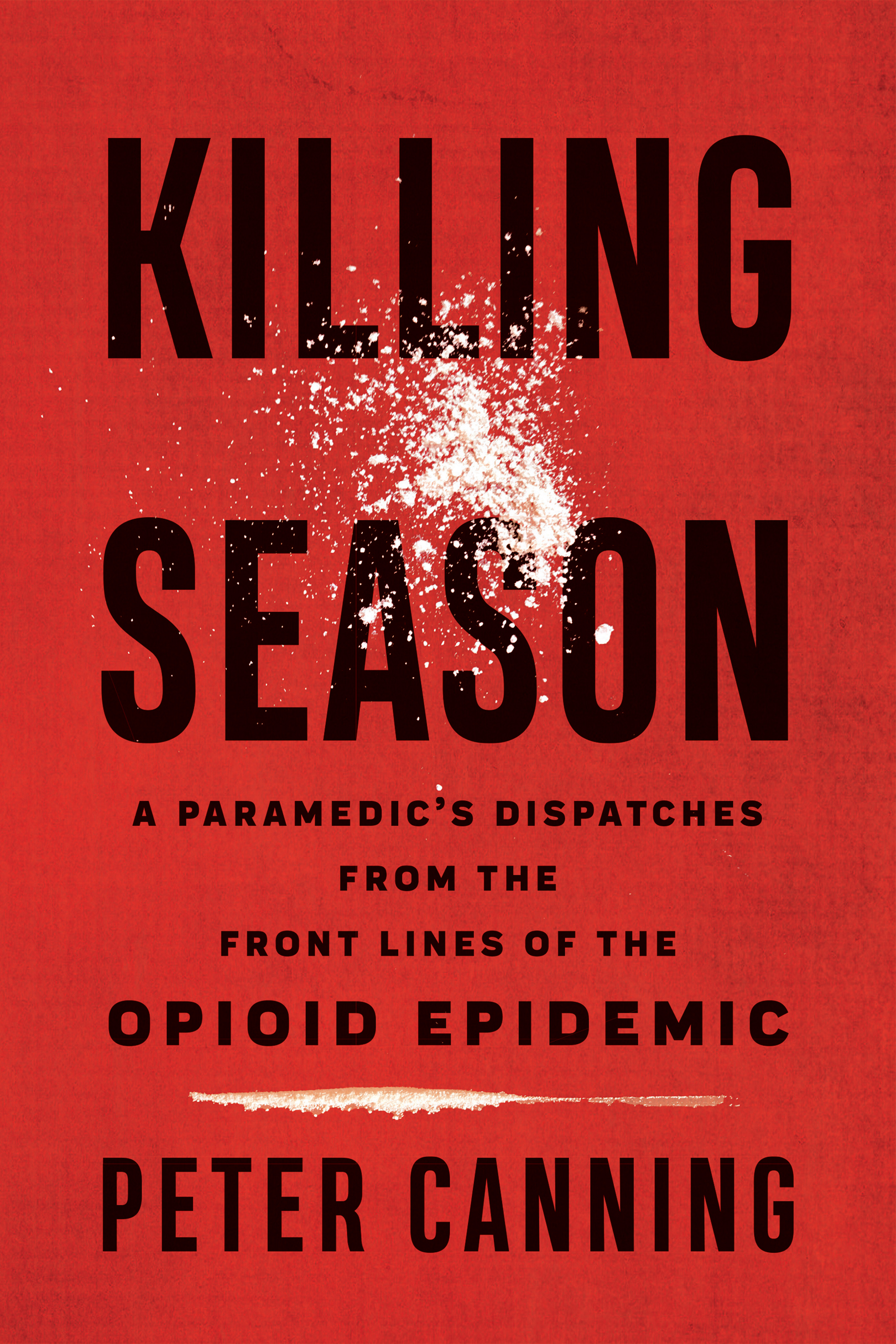
KILLING SEASON
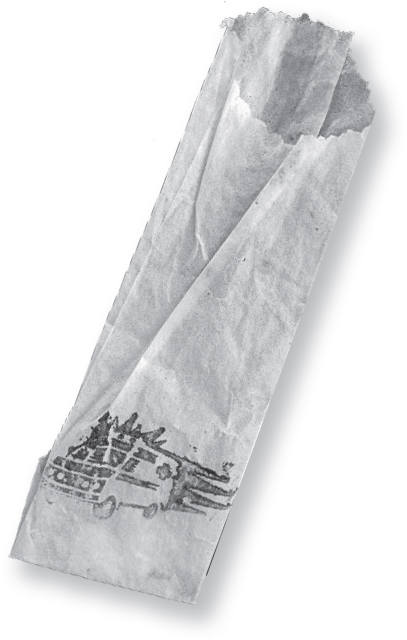
KILLING SEASON
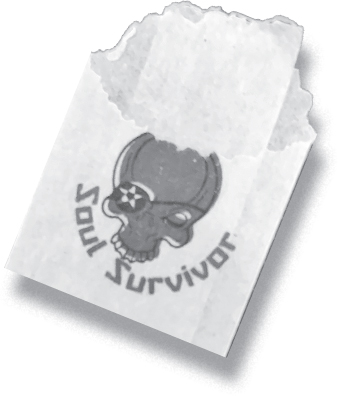
A PARAMEDICS DISPATCHES FROM THE FRONT LINES OF THE OPIOID EPIDEMIC
Peter Canning

JOHNS HOPKINS UNIVERSITY PRESS| BALTIMORE
2021 Peter Canning
All rights reserved. Published 2021
Printed in the United States of America on acid-free paper
9 8 7 6 5 4 3 2 1
Johns Hopkins University Press
2715 North Charles Street
Baltimore, Maryland 21218-4363
www.press.jhu.edu
Library of Congress Cataloging-in-Publication Data
Names: Canning, Peter, 1958 author.
Title: Killing season : a paramedics dispatches from the front lines of the opioid epidemic / Peter Canning.
Description: Baltimore : Johns Hopkins University Press, [2021] | Includes bibliographical references and index.
Identifiers: LCCN 2020013521 | ISBN 9781421439853 (hardcover) | ISBN 9781421439860 (ebook)
Subjects: LCSH: Canning, Peter, 1958 | Opioid abuseConnecticutHartford. | Drug addictsMedical careConnecticutHartford. | Emergency medical servicesConnecticutHartford.
Classification: LCC RC568.O45 C35 2021 | DDC 362.29/3097463dc23
LC record available at https://lccn.loc.gov/2020013521
A catalog record for this book is available from the British Library.
Special discounts are available for bulk purchases of this book. For more information, please contact Special Sales at .
Johns Hopkins University Press uses environmentally friendly book materials, including recycled text paper that is composed of at least 30 percent post-consumer waste, whenever possible.
To my wife, Chevaughn, and our three children, Ashley, Lauren, and Zoey, who bring me joy, pride, and laughter, and who always welcome me home
How we respond to this crisis is a moral test for America. Are we a nation willing to take on an epidemic that is causing great human suffering and economic loss? Are we able to live up to that most fundamental obligation we have as human beings: to care for one another?
UNITED STATES SURGEON GENERAL VIVEK H. MURTHY, 2016 REPORT FACING ADDICTION IN AMERICA
Addiction is defined as a chronic, relapsing disorder characterized by compulsive drug seeking and use despite adverse consequences. It is considered a brain disorder, because it involves functional changes to brain circuits involved in reward, stress, and self-control, and those changes may last a long time after a person has stopped taking drugs.
NATIONAL INSTITUTE ON DRUG ABUSE
Ill die young, but it is like kissing God.
LENNY BRUCE ON SHOOTING HEROIN
KILLING SEASON
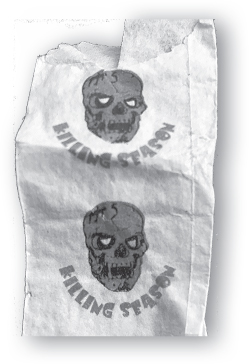
Introduction
My name is Peter Canning. I am a full-time paramedic in Hartford, Connecticut, an area hard hit by the opioid epidemic and, in particular, by the synthetic opioid fentanyl, which in the summer of 2017 was in 90 percent of the citys heroin supply. When I started as a paramedic on the streets of Hartford twenty-five years ago, I believed that drug users were victims only of their own character flaws. While I took care of them, I did not care for them. They were a scourge on the health care system and the community. They were junkies and deadbeats. They lacked personal responsibility, and their behavior was criminal. Thats what I believed. Keep using drugs, Id tell them, and you will end up dead or in jail, which many of them did.
Today, my views on drug users are different. As the overdoses escalated, I began asking my patients how they got started on their perilous journeys. While no two tales were the same, they shared unremitting similarities. Their entries into addictionwhether through legal drugs prescribed by their doctor following injury or illness, spare pills offered by a friend to help with nagging pain, or through experimentation, innocent or otherwisespun them into tortuous futures they could not have foreseen and from which, for many, there was no escape. Over and over I heard I used to be a normal person once. Their stories changed my view and moved me to educate myself about the science of addiction and, armed with that understanding, to fight against the stigmatization of users.
I know now that addiction is a chronic brain disease whose victims deserve our empathy, support, and kindness. I know that stigmaviewing and treating drug users as reprobatesdoes almost as much damage as the drugs do themselves to patients ability to recover and heal. I know users are not riffraff, deadbeats, or scumbags; they are our brothers, sisters, parents, dear friends, neighbors, and members of our communities who got caught up in a storm not of their own making that continues to claim millions of victims nationwide and in other countries around the world. People addicted to opioids are victims of a disease in the same way that those who suffer from heart, lung, or other debilitating maladies and disabilities are victims of their disease. Worse yet, they are victims of an epidemic largely fueled by the ignorance of our medical establishment and by the greed of the pharmaceutical industry, which at times has done wonders for human health but, in this case, has betrayed its promise for the sake of obscene profits.
Today, rather than scorning or simply ignoring peoples drug use, I embrace harm reduction, a strategy I had never heard of until just a few years ago when I listened to a remarkable man named Mark Jenkins speak at a conference. Harm reduction, as Mark told us that day, accepts that people are going to use drugs and works to minimize the negative consequences of their drug use. It recognizes that many people use drugs because drugs work for them, sparing them the horrible sickness of withdrawal and blunting the pain, both physical and mental, that the years and events in their lives have brought them. Mark emphasized that we have to help the living because dead people dont make good decisions. Harm reduction helps people stay alive until they are in a place where they are open to change and able to receive help.
Now, deputized into the harm reduction movement, I meet people where they are, and I look at those who use illegal drugs without judgment. Instead of telling my patients who use to just say no, I offer them avenues to recovery. If they are not ready for treatment, I tell them how to use drugs safely. Dont use alone, I say. Do a tester shot if youve bought from a new dealer or have a new batch. Dont mix opioids with benzodiazepines, or benzos. Always have naloxone available. Call 911 if someone overdoses. I tell them where they can get clean needles and how to treat their skin to avoid abscesses. I warn them about dangerous heroin batches for sale on the street. I have, when posted in my ambulance in certain neighborhoods, even had people use within my sight, knowing that they were safe when I watched over them. Like Mark, I believe we cant just stand by and let people die.


